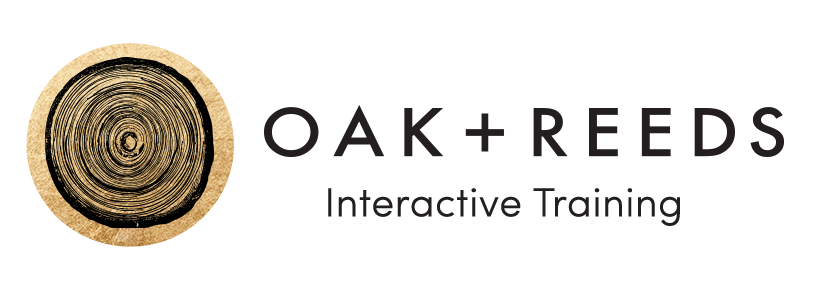In today's fast-paced world, genuine communication can often get lost amidst the noise. It’s easy to misunderstand someone, be misunderstood, or miss key details. At the heart of genuine workplace communication lies the essential skill of active listening. But what exactly is active listening?
Simply put, active listening involves fully concentrating, understanding, and responding to what someone is saying. It's not just about hearing words; it's about comprehending and internalizing them. Alongside verbal cues, nonverbal communication such as body language, tone of voice, and facial expressions play a crucial role. By honing your ability to pick up on these, you elevate your overall listening skills.
One of the biggest benefits of active listening is that it fosters a deep connection between the speaker and listener. It allows for genuine understanding, validating the speaker's feelings and perspective. It’s not about formulating a response while the other person talks but about truly being in the moment with them. This level of attentiveness is what separates active listening skills from just plain hearing what someone is saying.
Moreover, empathetic listening, a subset of active listening, delves even deeper. It’s about immersing oneself in the speaker's emotional state, essentially feeling with them. This kind of profound connection can not only resolve conflicts but also strengthen relationships.
You might now be wondering, how do you get better at this? Like any skill, it demands practice and dedication. Thankfully, there are various active listening exercises and techniques to help.
Active Listening Techniques to Enhance Communication:
Reflect: Paraphrase what the speaker said to ensure you've understood them correctly. It also reinforces to the speaker that they're being heard.
Ask open-ended questions: Instead of questions that can be answered with a ‘yes’ or ‘no’, open-ended questions allow the speaker to elaborate further.
Give feedback: Offer a thoughtful response or insight, but always ensure it doesn’t overshadow the speaker's message.
Avoid interrupting: Let the speaker finish their thought before responding.
Nonverbal cues: Maintain eye contact, nod occasionally, and keep your body posture open. It signals that you're engaged and receptive.
Among the many benefits of active listening, some standout advantages include:
Enhanced relationships due to increased trust and respect.
Better problem-solving and conflict resolution.
Improved memory and retention of information.
Reduced chances of misunderstandings.
However, like all skills, this requires practice. Consider setting aside time in your regular one on one conversations with direct reports, teammates or leaders where you consciously apply the techniques mentioned. Regularly engaging in active listening exercises, whether solo or with a partner, can also offer immense value.
Active listening isn’t just a skill; it's an art form. It requires patience, understanding, and a genuine desire to connect with another person. In the age of virtual work and endless distractions, mastering this skill is more crucial than ever. It's not just about improving communication; it's about building lasting, meaningful connections. Dive deep into the world of active listening, and discover the difference it can make in both your personal and professional life.

